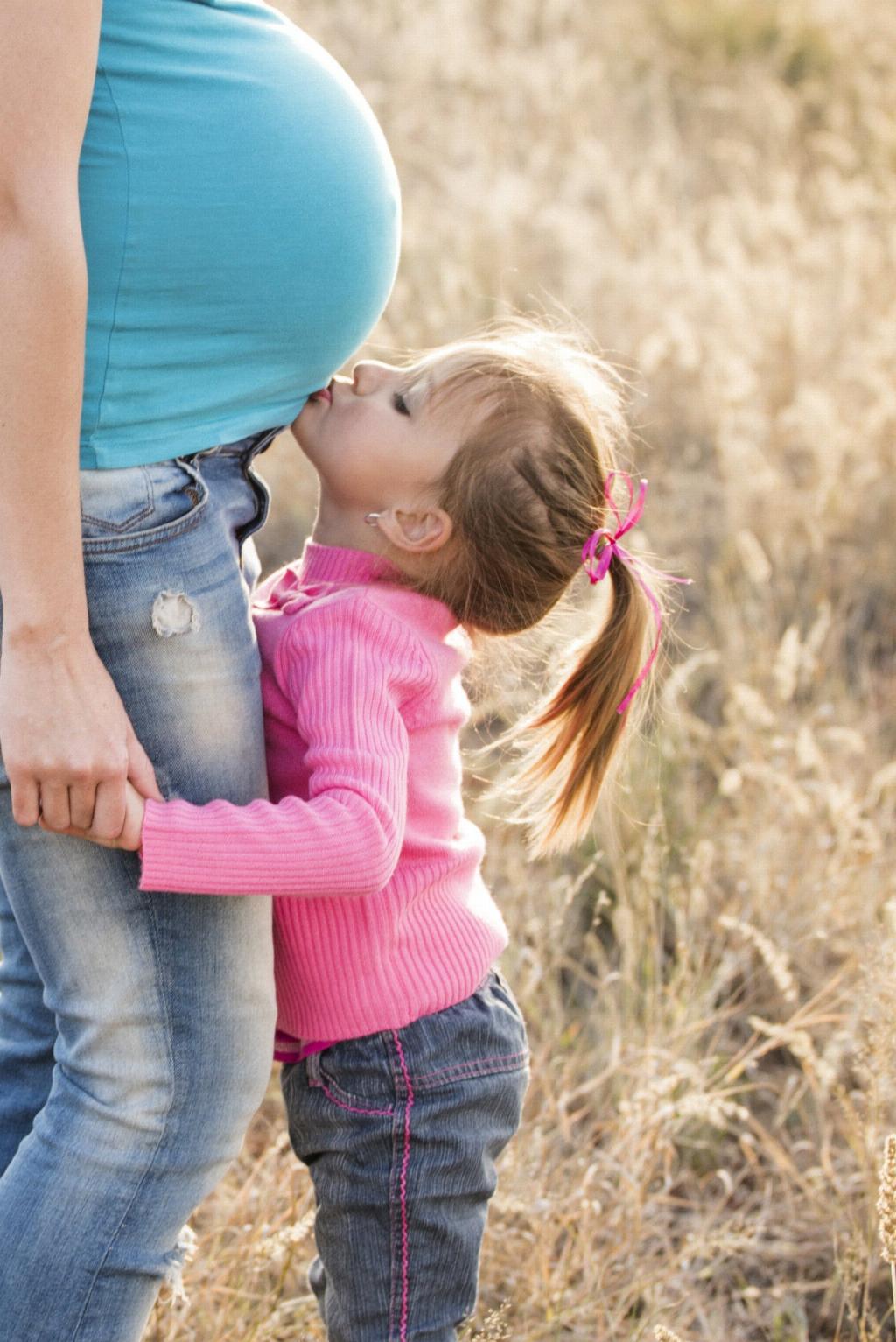Many women wonder about the timing of early pregnancy symptoms and how soon they can expect to notice any changes in their bodies. Understanding the subtle signs that may indicate pregnancy can bring both excitement and anxiety for those who are actively trying to conceive or are concerned about a possible unplanned pregnancy.
Week 1 to 2: Hormonal Changes Begin
During the first week after conception, the body starts producing pregnancy hormones, such as human chorionic gonadotropin (hCG) and progesterone. These hormonal shifts can lead to early pregnancy symptoms like bloating, mood swings, and breast tenderness.
Week 2 to 3: Physical Changes Set In
By the second week after conception, increased blood flow and hormonal changes can lead to noticeable physical symptoms. Some women may experience frequent urination, fatigue, and dizziness due to low blood pressure during this early stage of pregnancy.
Week 3 to 4: Possible Pregnancy Symptoms
As the pregnancy progresses into the third and fourth weeks, some women may start to notice more distinct signs of pregnancy. These can include nausea, food cravings or aversions, increased sensitivity to smells, and a heightened sense of fatigue.
Week 4 to 5: Confirmation of Pregnancy
By the fourth or fifth week of pregnancy, many women may choose to take a home pregnancy test to confirm their suspicions. At this point, the early symptoms like missed periods, morning sickness, and breast changes may become more pronounced.
Week 5 to 6: Emotional Rollercoaster
During the fifth and sixth weeks of pregnancy, the emotional impact of hormonal changes can become more apparent. Mood swings, anxiety, and heightened emotions may be common as the body adjusts to the growing presence of pregnancy hormones.
Week 6 to 7: Physical Changes Intensify
Physical changes continue to intensify during the sixth and seventh weeks, with women experiencing symptoms like increased breast size, weight gain, and mild abdominal cramping as the uterus expands to accommodate the growing embryo.
Week 7 to 8: Maternal Instincts Kick In
As the pregnancy progresses into the eighth week, many women report feeling a stronger connection to their developing baby. This period can be marked by a surge in maternal instincts, as well as heightened awareness of the changes happening within their bodies.
Week 8 to 9: Planning and Preparation
By the ninth week of pregnancy, thoughts may turn to planning and preparation for the arrival of a new family member. Women may start considering prenatal care options, baby names, and how to announce the pregnancy to friends and family.
Week 9 to 10: Physical and Emotional Support
Physical discomforts like morning sickness and fatigue can be more challenging during the ninth and tenth weeks of pregnancy. Seeking emotional support from friends, family, or healthcare providers can be crucial during this time of transition.
Week 10 to 11: Ultrasound and Milestones
Many women undergo their first ultrasound around the eleventh week of pregnancy, providing a glimpse of the developing fetus and confirming the due date. This milestone can bring a mix of emotions and excitement as the pregnancy progresses.
Week 11 to 12: Embracing the Journey
As the first trimester comes to a close, women may start embracing the journey of pregnancy more fully. From documenting the growing bump to feeling the baby’s initial movements, this period marks the beginning of a new chapter in a woman’s life.

